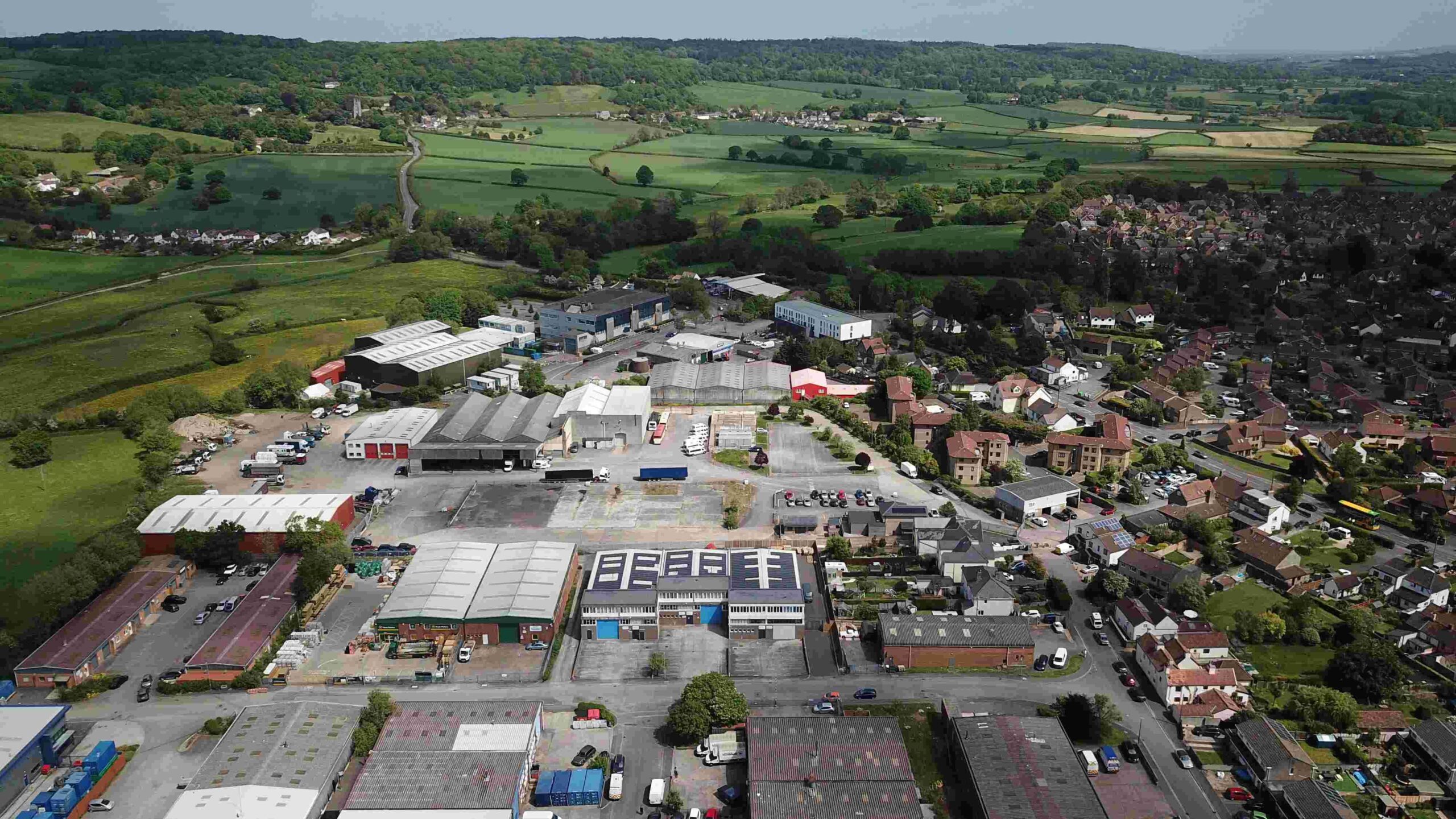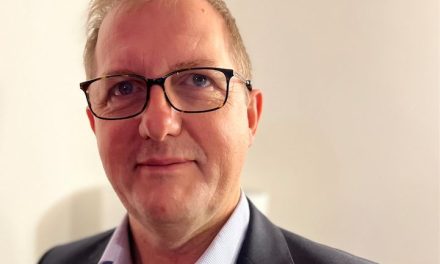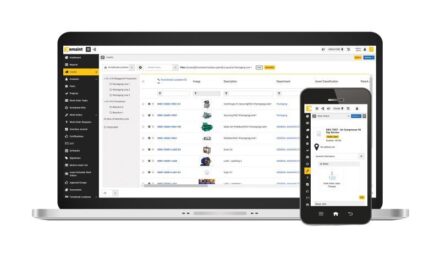Leading solar energy specialist Solarsense has reported a 400% increase in commercial enquiries from the manufacturing sector during 2022, as soaring energy bills lead industry to look seriously at on-site solar energy generation.
This follows a report published by the International Energy Agency (IEA) which revealed a massive acceleration in the installation of renewable power globally in the past year, surpassing even the agency’s own predictions by 30%.
While Solarsense has noted rising demand across a wide range of sectors including telecommunications and data centres, food and beverage, warehousing and distribution, the greatest increase in enquiries has come from large-scale energy users in manufacturing and engineering. The scale of projects has also grown significantly, from an average of 50KWp per installation previously to an average of 250KWp in 2022.
Before the introduction of the Energy Bill Relief Scheme in October, large users of energy saw costs skyrocket to 45-65p per unit, a circa 350% increase over the last year alone. Solar energy, in contrast, typically costs around 4p/kWH (taking into account capital outlay and generation over 20 years) and provides long term energy security.
Solarsense Managing Director, Stephen Barrett, said: “We’ve been in the solar industry for more than 25 years and the current level of enquiries is unprecedented. The efficiency of solar panels has dramatically improved in the last few years and when combined with the huge reduction in installation costs and increase in energy prices, the financial returns are extremely attractive.
“We are now seeing payback periods for the technology as low as between 2-5 years which would have been unthinkable just a few years ago – we were looking at payback periods of 100 years when we first started in the industry! We’re also finding that businesses which already have panels on south facing roofs are coming back to us as now east/west or even north facing aspects may be viable, given the energy crisis and high costs of energy from the grid.
“Not only is making the transition to renewable sources of energy good for the balance sheet, it is also essential to enable UK plc to move away from fossil fuels and towards a greener, more stable, energy future. I think the take up of solar energy will continue to grow strongly in the manufacturing sector in 2023.”
Among the businesses to invest in new solar technology in 2022 was high performance plastic precision engineering business Nylaplas Engineering, which has installed a 114kWp solar panel system at its high-technology manufacturing site in Bristol.
Nylaplas Managing Director, Chris Eastman, said: “As a leading engineering company specialising in the precision manufacturing of plastic components for a range of industries, we use a vast amount of electricity for our day-to-day operations. Reducing our impact on the environment and sustainability is really important to us and to deliver overall cost savings over the lifetime of the project was a win- win for the organisation. Installing solar energy was a huge step in our environmental journey and will allow us to reduce our reliance on fossil fuels in the future.”
According to the IEA, installed capacity of solar PV is set to surpass natural gas by 2026 and coal by 2027. A wide range of sectors including agriculture, education and retail are also contributing to the growth of clean energy generation, which is forecast to continue through 2023.




